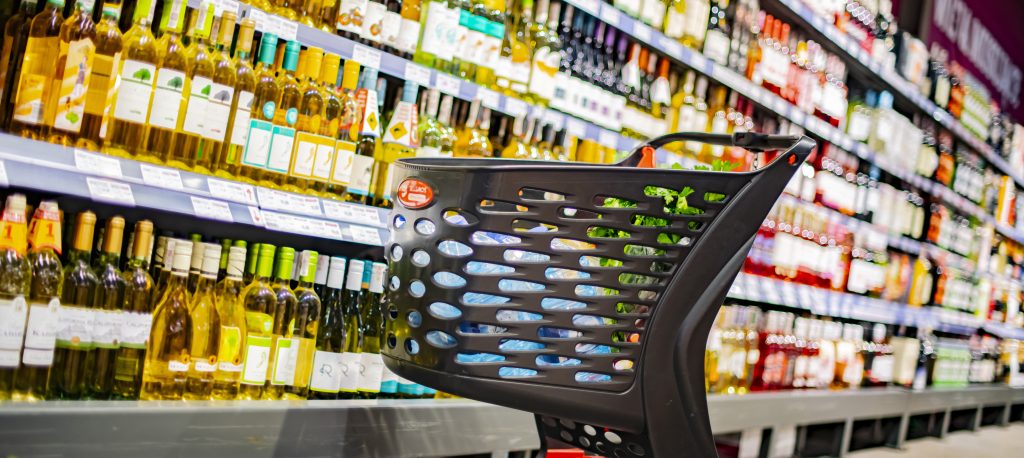This website uses cookies so that we can provide you with the best user experience possible. Cookie information is stored in your browser and performs functions such as recognising you when you return to our website and helping our team to understand which sections of the website you find most interesting and useful.
Duty rises on tobacco and booze fuels UK inflation
A surprise rise in the UK’s inflation rate last month — taking it to 4% from 3.9% in November — has been blamed on price rises on tobacco and alcohol, itself has been fuelled by duty increases.

According to the headlines this morning, tobacco and alcohol prices were the prime suspects that taken together saw price increase of 12.9%, according to the Office for National Statistics (ONS), which pushed overall inflation this month. Compiled using the consumer prices index, the ONS stats showed the combined tobacco and alcohol category trumping the 8% inflation seen in food and drink or the 8.5% of communications, the second highest category, it said.
However, as pointed out by the ONS’s chief economist, Grant Fitzner, this headline figure was due to the recent introduction of higher taxes on tobacco products that was behind last month’s uptick – something also seen across alcoholic drinks – which maybe suggest booze is unfairly being lumped in with it.
According to The Guardian, based in the ONS prices of individual goods and services, the price of tobacco has risen 16% in the last 12 months, well ahead of wine (7.8%), spirits (8.9%) and beer (12.8%). However several goods have seen prices increase notably higher, with olive oil now 45% higher than a year ago, sugar 21.3% higher, along with coffee (11.9%) and tea (11.3%).
In response to the figures this morning, Miles Beale, chief executive the Wine and Spirit Trade Association (WSTA) pointed out that this time last year, alcohol inflation was 3.5%. “We told the Government it’s plans for the duty system would push up inflation. Now alcohol inflation is almost three times the rate a year ago – inflation for spirits 8.9%, wine 7.8% and fortified wine 18.7%,” he said. “If the Government is serious about taking measures to cut inflation the simple answer is to cut alcohol excise duty at the next Budget.”
The government introduced the biggest change to duty in 50 years in August, despite industry claims that the new system treated wine and spirits unfairly with a resulting “worrying decline” in sales, the WSTA said.
Analysis on December HMRC data by tax rebate specialists RIFT found that during 2022-23, £12.4 billion was paid in alcohol duty to HMRC, the second highest total in the last 20 years. However, it also noted a 5.1% reduction on the record 2021-2022 figure, the steepest annual decline seen in a single year over the last two decades – supporting the argument that people are drinking less.

